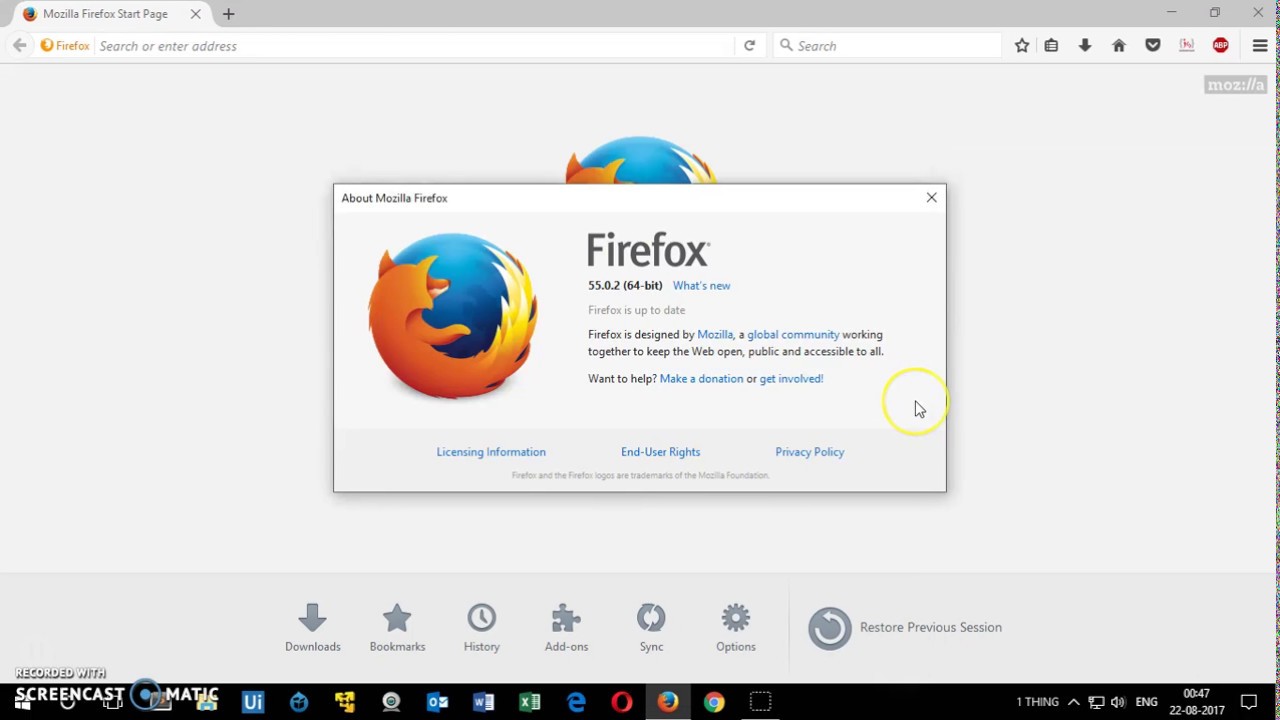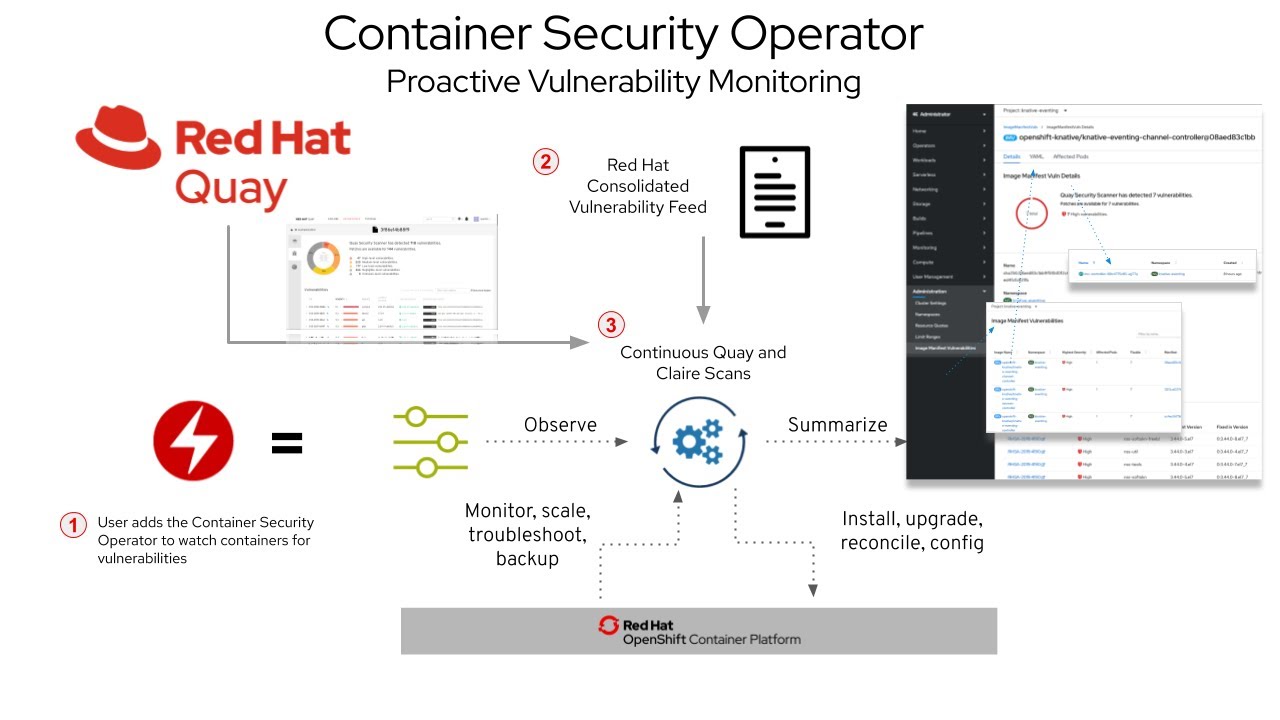
Critical Security Updates for Mozilla Firefox on Slackware
Mozilla Firefox users running Slackware are being urged to update their browsers immediately due to several significant security vulnerabilities identified in the latest releases. As both a staple of open-source browsing and a widely utilized application, Firefox’s reliability hinges not only on performance but also on security measures against evolving threats.
Understanding the Risks
On August 7, 2024, new packages of Mozilla Firefox were released for Slackware 15.0 and the current version, aimed at patching up to nine identified vulnerabilities. These include issues classified under CVEs (Common Vulnerabilities and Exposures), such as CVE-2024-7527 and CVE-2024-7531. Each of these vulnerabilities can expose users to potential exploits, emphasizing the urgent need for immediate upgrades.
 New security update for Mozilla Firefox
New security update for Mozilla Firefox
What makes these vulnerabilities particularly concerning is their potential to compromise user data and privacy. In this digital age, where cybersecurity threats are more prevalent than ever, the integrity of your browser can impact your overall online safety. The vulnerabilities, as highlighted in the detailed release notes, range from buffer overflows to memory safety issues, each capable of creating loopholes that malicious actors could exploit.
What’s New in Firefox?
The new releases include Firefox 115.14.0 ESR and 128.1.0 ESR, both geared towards Slackware systems. According to the official release notes, these updates come equipped with necessary security fixes alongside several performance improvements to enhance the browsing experience. Utilizing Slackware-current versions ensures that your system runs the most updated iterations, which is crucial for security and efficiency.
Upgrading to these new packages not only fortifies your defenses against known vulnerabilities but also enhances overall functionality. As a regular user of Firefox, I can personally attest to the critical nature of keeping your browser updated. Missing such updates can lead to stress and headaches down the line, especially when it comes to tackling compromised accounts or unexpected browser behavior.
Installation Instructions
Upgrading is straightforward. For Slackware users, simply execute the following command as root to update your package:
# upgradepkg mozilla-firefox-115.14.0esr-i686-1_slack15.0.txz
This ensures you’re protected with the latest updates without the hassle of complicated procedures.
 Installing updates on Slackware
Installing updates on Slackware
An Ever-Evolving Landscape
The issue of browser security is a continuing battle between developers working to make it safer and attackers seeking out vulnerabilities. With each browser iteration, there’s always the possibility of hidden flaws, making updates not just a suggestion, but a vital part of maintaining cybersecurity.
Staying ahead of these vulnerabilities means not only applying updates but also understanding their implications. The Slackware community has always been commendable in its quick responses to security threats, thanks to dedicated contributors who prioritize user safety. Their collaboration with Mozilla ensures that vulnerabilities are patched with efficiency, showcasing the strength of open-source cooperation.
Conclusion
In the world of cybersecurity, complacency can be dangerous. Regularly updating Firefox on your Slackware system must be a non-negotiable practice. Whether it’s for your personal use or when operating in professional spheres, maintaining an updated browser safeguards your digital presence and enhances your overall web experience. As we navigate increasing online threats, let’s keep our digital doors firmly secured—one update at a time. I know it sounds a bit cliché, but in cybersecurity, being proactive is always better than reacting after a breach.
Remember, keeping your systems up-to-date is the first step in the ongoing war against cyber threats!















